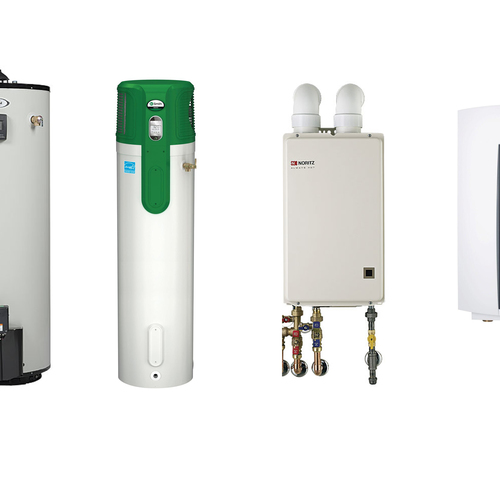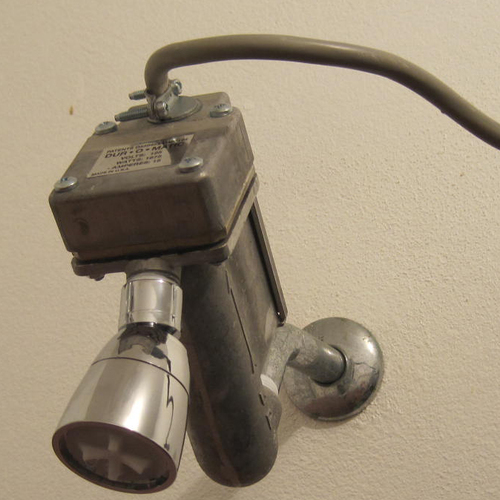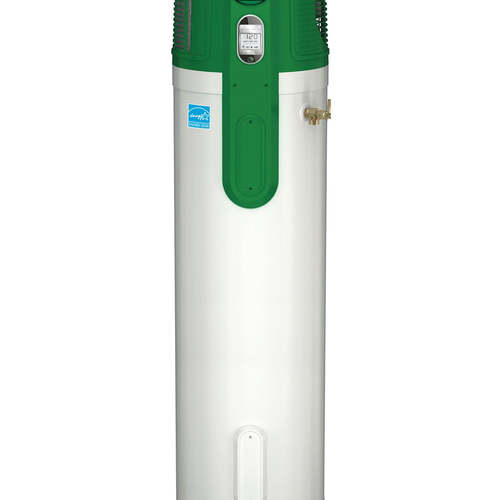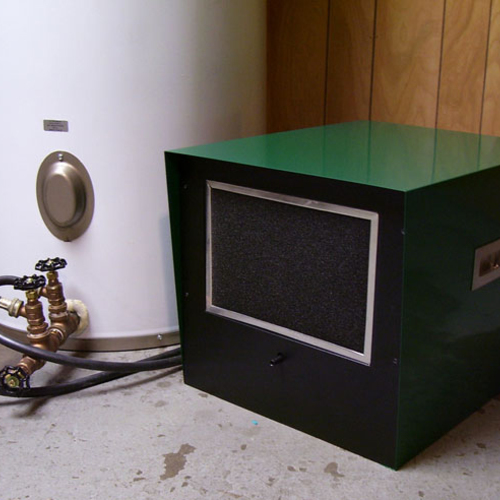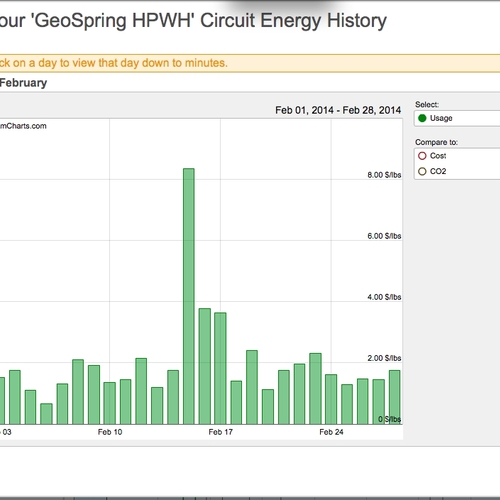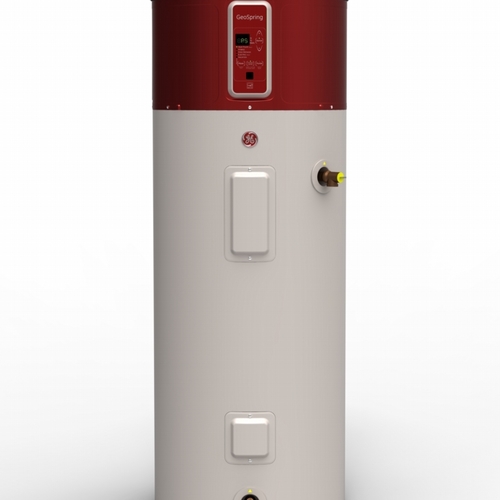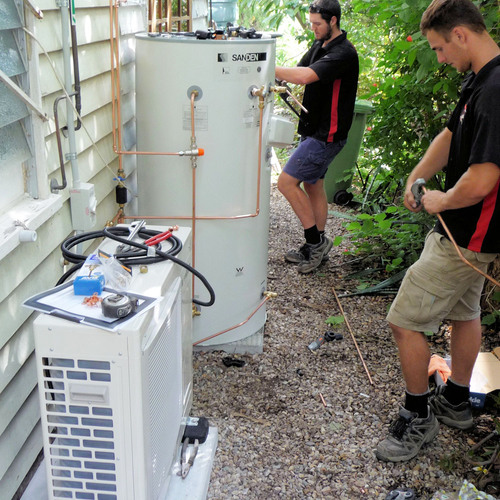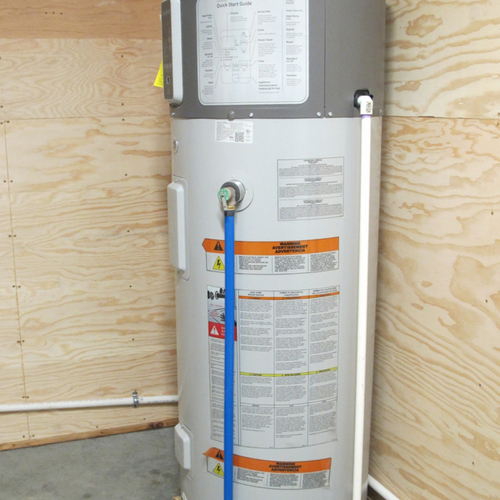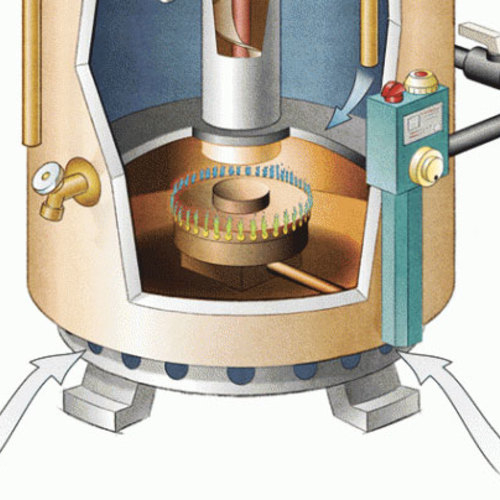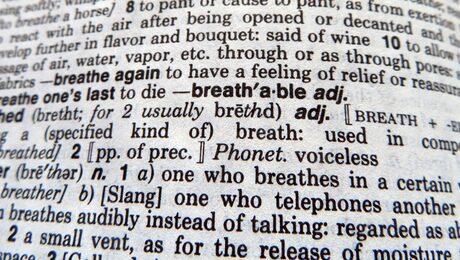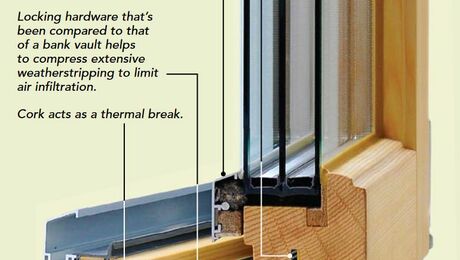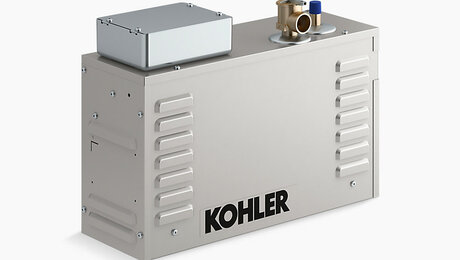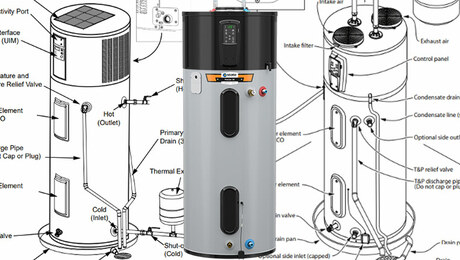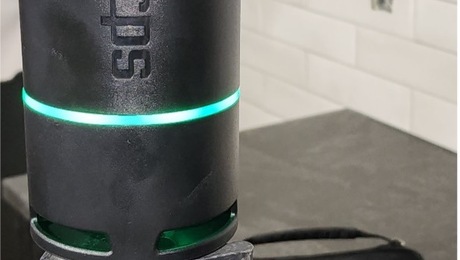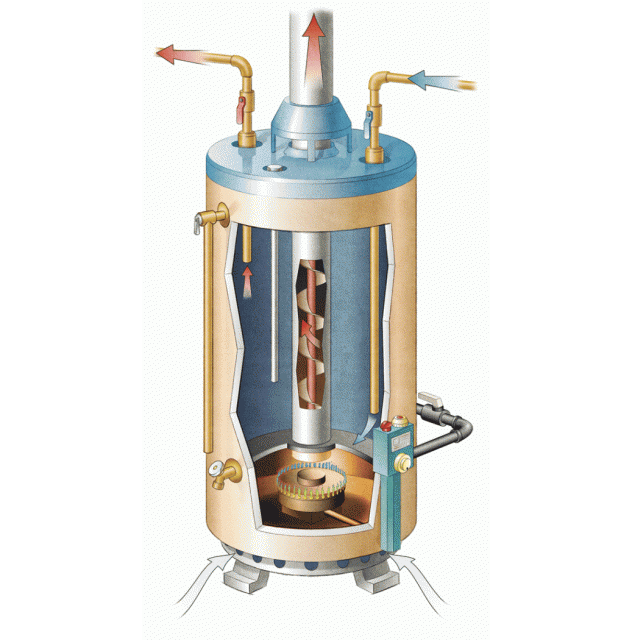
This is a list of the most important GBA articles on tank-style water heaters.
If you are looking for an index that spans all categories, with a special focus on “how to” articles, check out this resource page: “How to do Everything.”
-
Domestic Hot Water: No Perfect Solution
Some questions are easier to answer than others. For example, there is a fairly straightforward answer to, “How should I insulate the floor of my unconditioned attic?” — namely, “With a deep layer of cellulose.” (There’s more to say on the topic, of course — but even a full answer isn’t very complicated.) There is no easy answer, however, to, “How should I heat my domestic hot water?” Every type of water heating technology is flawed; every solution involves compromise. Many factors affect the decision about what type of water heater to choose, including:
-
All About Water Heaters
If you want to save energy, there are lots of exciting appliances and building materials that you might want to specify for your home: triple-glazed windows, an efficient refrigerator, and compact fluorescent or LED lighting, for example. When it comes to choosing a water heater, though, clarity evaporates. Simple, affordable water heaters aren’t very efficient, and efficient equipment is complicated and costly. So how do you go about choosing a water heater?
-
Heat-Pump Water Heaters Come of Age
The least expensive way to heat domestic hot water is with natural gas. Homes without access to natural gas usually choose an electric water heater, since electricity is generally cheaper than propane.
-
Heat-Pump Water Heaters
There’s a revolution underway with electric water heating. It could be just as significant as the shift from top-loaders to horizontal-axis front-loaders that we’ve seen in the laundry appliance industry. For years, electric water heaters were simply insulated tanks with a couple of electric-resistance elements that heated the water. These have worked pretty well, and with the highest-insulation products, the “Energy Factor” (a standardized measure of efficiency that factors in losses through the insulated tank) of the best products get pretty close to 1.0 (100% efficient).
-
Heat-Pump Water Heaters in Cold Climates
In last week's blog I wrote about the GE GeoSpring heat-pump water heater in our new house — first, why we decided to go with electric water heating over solar thermal (since we use solar to generate as much electricity as we will consume), and then how we decided on a heat-pump water heater instead of one of the other electric water heating options. This week, I’ll get into a little more about heat-pump water heaters and some of the issues that come into play when installing them in cold climates.
-
Get Ready for Heat-Pump Water Heaters
Last week I wrote about “hybrid” water heaters, a relatively new type of water heater that includes features of both storage and tankless models. This week I’ll cover another type of water heater that is also (confusingly) referred to as “hybrid”: heat-pump water heaters. These produce over twice as much hot water for each unit of electricity consumed as any other type of electric water heater (storage or tankless).
-
Split-System Heat-Pump Water Heaters
Heat-pump water heaters are a type of air-to-water heat pump. Almost all heat-pump water heaters sold in the U.S. extract heat from the air in the room where the water heater is located, transferring the heat to water in an insulated tank.
-
Deciding on a Water Heater
As we build more energy-efficient houses, particularly when we go to extremes with insulation and air tightness, as with Passivhaus projects, water heating becomes a larger and larger share of overall energy consumption. In fact, with some of these ultra-efficient homes, annual energy use for water heating now exceeds that for space heating — even in cold climates. So, it makes increasing sense to focus a lot of attention on water heating. What are the options, and what makes the most sense when we’re trying to create a highly energy-efficient house?
-
Get Rid of Your Gas Water Heater!
I was asked to write this blog about naturally aspirated fossil-fuel water heaters in green retrofits as a response to a rather heated debate at the recent National Green Building Conference. The debate occurred in a class co-hosted by Peter Yost and Michael Chandler; in that debate, I stated unequivocally to “get gas water heaters the hell out of the house — they have no place in a green retrofit!”
